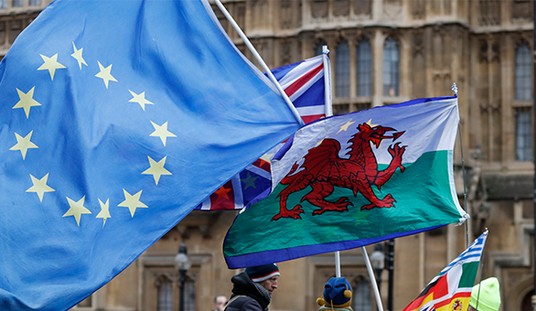The Trump administration earlier this year sought funds from Congress to reimburse leaders of the Taliban for expenses incurred traveling to negotiate peace in Afghanistan with U.S. representatives.
The undisclosed sum would repay representatives of the Afghan terrorist organization for expenses like airfare, hotel, food and supplies.
The idea, ultimately shot down by a House subcommittee, is one small sign of how eager the U.S. government is to craft a peace settlement in that war-torn country as cover for finally extracting American forces after 18 years of deadly combat.
Not coincidentally, although it targets civilians, the Taliban is not listed by the State Department as a terrorist organization, presumably to enable negotiations by U.S. officials.
Then, of course, there’s the question of credibility with few believing the group would honor any agreement anyway once U.S and allied troops leave the country to the Taliban and fragile government in Kabul.
Presumably, the idea of paying Taliban leaders as encouragement to attend continuing talks in Qatar seemed to make sense in some Pentagon meeting. But it runs up against a number of serious political perception problems.
For starters, the idea of giving money to the Taliban that hosted Osama bin Laden while he planned and practiced 9/11 would be a tough sell politically. Especially since that enemy has since killed another 2,526 Americans in the military and 1,142 additional allied troops.
You may remember the 2014 controversy that ensued when Barack Obama negotiated and then traded five senior Taliban leaders imprisoned at Guantanamo Bay for U.S. Army deserter Bowe Bergdahl. The soldier was court-martialed in 2017, fined $10,000 and dishonorably discharged, a legal fate later denounced as inadequate by President Trump.
Additionally, the Taliban has not appeared hard up for money to supply its fighters in Afghanistan. It takes in hundreds of millions of dollars annually from overseeing that fractured country’s vast opium trade, which wreaks its own havoc and costs on American society and drug users, 48,000 of whom died in 2017.
The United Nations has estimated the annual Afghan drug trade at between $4.1 billion and $6.6 billion with around 20 percent flowing to the the Taliban,
According to a spokesman for the now-Democrat-controlled House Appropriations Subcommittee on Defense, the Pentagon’s request runs afoul of other existing laws.
These concern providing “material support to terrorists, the Taliban’s ongoing offensive operations against U.S. service members and their continuing lack of acknowledgement of the government of Afghanistan or the rights of women in Afghan society.”
As a result, the fiscal 2020 defense budget was approved, but with a specific provision prohibiting any of the $692 billion from going to the Taliban until it meets several provisions, including recognizing the elected government in Kabul.








Join the conversation as a VIP Member